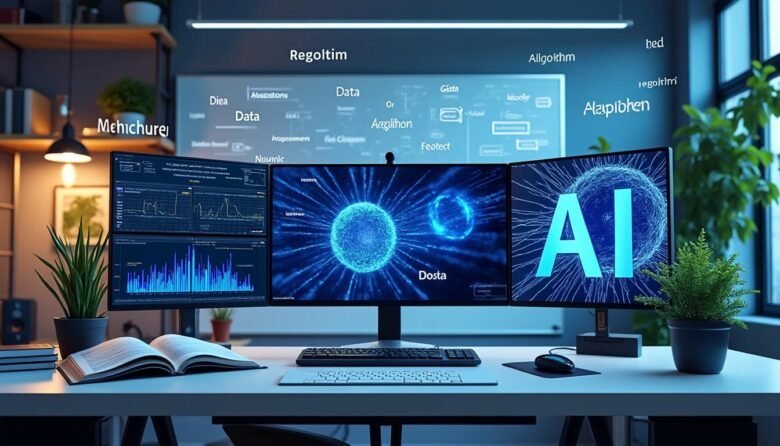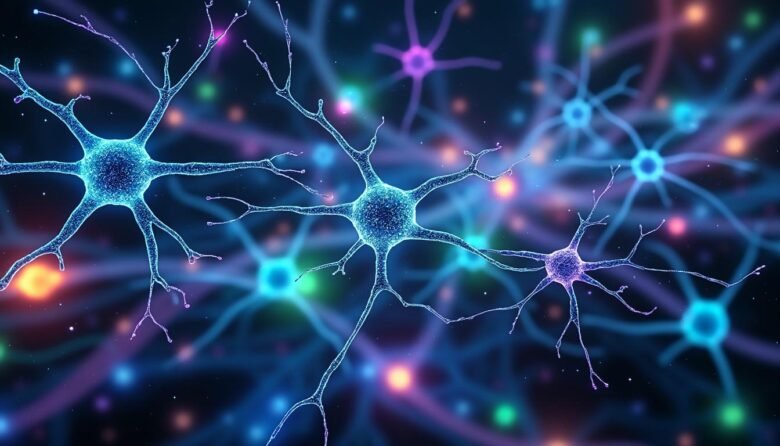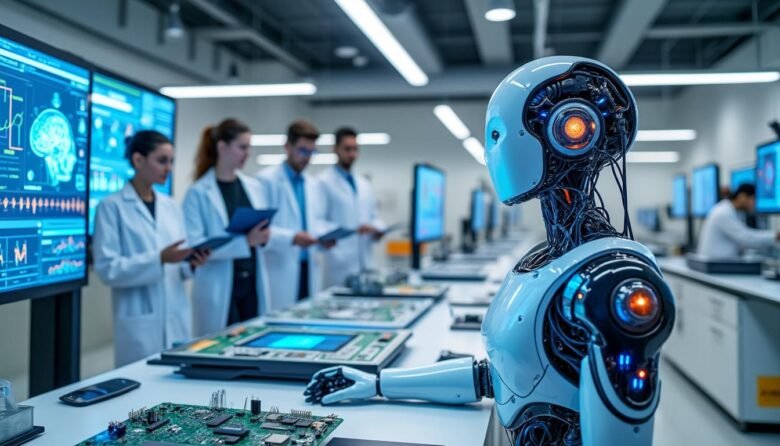As artificial intelligence continues to evolve, the language of machines—how they understand, generate, and transform human communication—has become a central organizing principle for research and industry alike. By 2025, AI language systems have moved beyond shuffling words to mapping meanings, intents, and nuanced styles across diverse domains. This article explores the architecture, learning mechanisms, and …
En bref The following opening sketches set the stage for a deep dive into AI vocabulary. In a landscape where open-source communities, cloud providers, and research labs converge, terminology matters because it structures expectations, guides experimentation, and clarifies trade-offs. Consider the way a modern enterprise might implement an AI program: a team trains a model …
En bref In 2025, the language of AI has evolved into a sophisticated ecosystem in which terminology, models, and platforms are deeply intertwined. The everyday user encounters AI-driven interactions—from chatbots to decision-support systems—that rely on a shared vocabulary and standardized interfaces. This shared language helps developers reason about capability, limits, and risk, and it underpins …
En bref The AI landscape in 2025 is defined by rapid convergence of theory, hardware acceleration, and real-world deployments. Researchers continue to refine the core mechanisms that enable learning from data, while practitioners increasingly focus on building robust, scalable, and ethical AI systems. In this journey, companies invest in interoperable toolchains, open ecosystems, and collaborative …
En bref The following article plunges into the power and limits of recurrent neural networks, outlining how researchers and engineers harness memory, gating, and backpropagation through time to extract meaningful signals from sequential data. We explore foundational architectures, practical deployment considerations on modern ML stacks, real-world applications across industries, and the evolving landscape where RNNs …
A deep understanding of how deep learning shapes modern technology is no longer a niche pursuit reserved for researchers. In 2025, the influence of deep learning spans every sector—from healthcare and finance to climate science and creative industries. This article unpacks the many layers of deep learning, from foundational ideas to real-world deployment, while highlighting …
The lexicon of artificial intelligence is not a static dictionary but a living map that expands as models grow, data proliferates, and real-world use cases proliferate. By 2025, practitioners, educators, and policymakers alike rely on a shared vocabulary that can bridge research, development, and deployment across industries. This article treats the lexicon as a dynamic …
En bref Reactive machines stand as a foundational pillar in artificial intelligence, representing the earliest stage in the spectrum of cognitive architectures. They respond to the present input with pre-defined rules, executing actions instantly rather than reflecting on past experiences or imagining future possibilities. This immediacy is not merely a nicety; it is a decisive …
In 2025, language-driven intelligence is no longer a niche capability—it underpins global communication, business automation, and user experiences across industries. Natural Language Processing (NLP) has matured from academic curiosity into an essential toolkit that helps machines understand, reason with, and generate human language. The power of NLP lies not only in translating words but in …
En bref As the year 2025 unfolds, the frontier of artificial intelligence invites us to imagine a future where machines may surpass human capability in every meaningful measure. Artificial Superintelligence (ASI) would not simply be a more powerful calculator; it would be a system capable of rapid insight, general problem-solving, and decision-making that could redefine …








